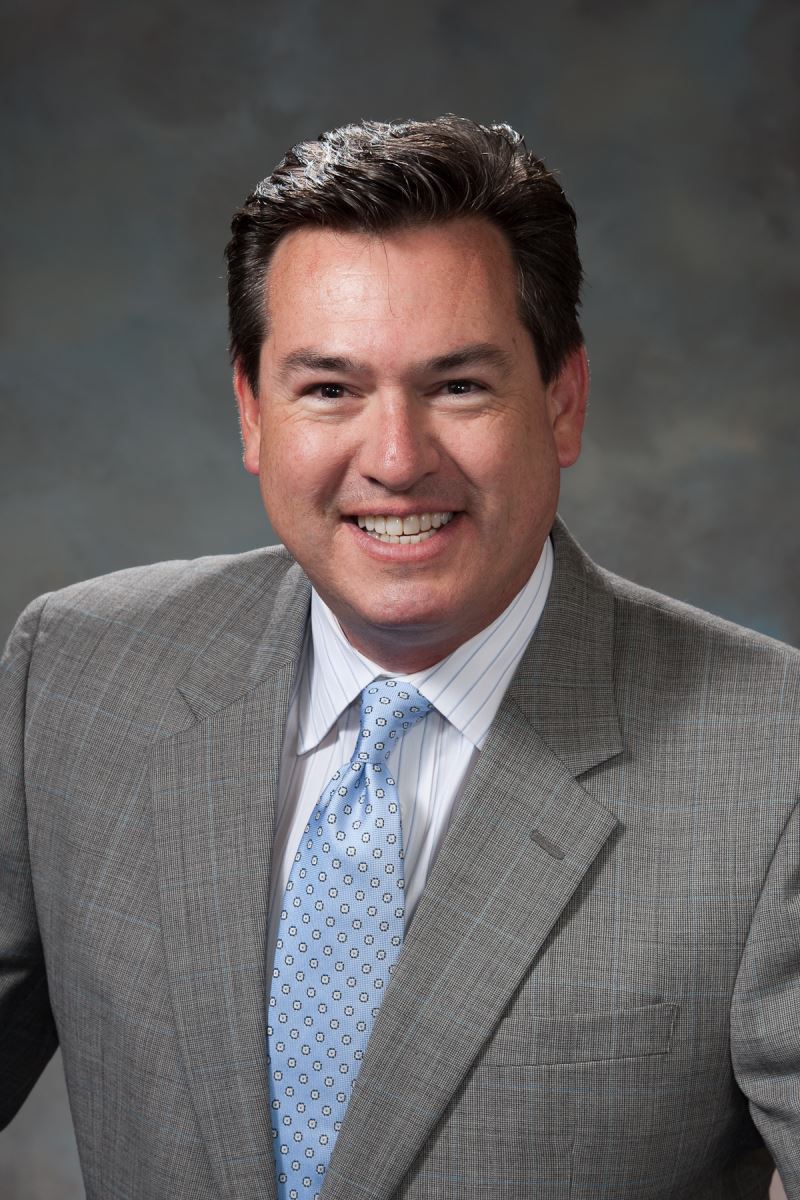In response to Insurance Business America's April 3 article featuring a CompPharma report on potential dangers in using compounded medications in workers' compensation, International Academy of Compounding Pharmacists CEO David G. Miller offers an alternative view.
Millions of patients across the U.S. rely upon compounded medications.
While we understand that CompPharma President Joseph Paduda is clearly watching a bottom line in relation to worker compensation costs, he is missing the big picture: the goal of worker compensation programs is to get workers back to work, and compounded medications – like commercially manufactured medications – play a role in returning these individuals to health and to work.
Compounded medications are vital for patients who have an allergy or sensitivity to a commercially manufactured drug or who need a drug in a particular strength or form. Moreover, compounded medications are essential for patients whose commercially manufactured drug is backordered or unavailable, which is increasingly common. Which drugs does Mr. Paduda want to restrict? Chemotherapy for the oncology patient whose commercially manufactured medication is unavailable? Liquid medications for patients on feeding tubes who cannot swallow oral medications? We are eager to know.
Compounded medications have uses, however, beyond patients needing a particular ingredient, strength, form, or dosage, or when a drug is unavailable. Compounded pain medications, for instance, are non-addictive. So as our nation faces a staggering human and fiscal cost relating to abuse of opioids, compounded pain gels and creams offer a safe alternative. Yet increasingly, insurers won’t cover this cost, and instead pay exponentially more as a result of abuse and diversion of Oxycodone and similar drugs.
Regarding Mr. Paduda’s comments on safety, where is the source that forms the basis of his opinion? He relates the story of New England Compounding Center, which we all know now to have been a drug manufacturer masquerading as a pharmacy and whose problems were known to, but ignored by, both state and federal regulators. There was not one mention of the thousands of compounding pharmacies across the U.S. every day providing medication according to the highest standards of pharmacy, United States Pharmacopeia (USP) 795 and 797, nor a mention of the new federally regulated class of outsourcing facilities that will be required to follow the same standards as drug manufacturers.
Take a closer look at the benefits of compounded medications to patients and not just the bottom line cost.
 David G. Miller, RPh, works with IACP’s volunteer Board and leadership to set and execute the IACP agenda. As the CEO for IACP, he knows that creating programs and services for IACP members which help them better serve their community will result in stronger practices. Before joining IACP, Mr. Miller served as Director of Pharmacy Affairs at Merck. He previously was Executive Director of the Maryland Pharmacists Association. He holds a B.S degree in pharmacy from the University of Maryland School of Pharmacy.
Do you have an opinion you want to share with Insurance Business America? Email the editor at [email protected]!
You may also enjoy: "'Self-interested providers' drive up WC costs with compound drugs"
"9 states that issue the most WC compound drugs"
"Workers' comp management to offer producers insight into opioid use"
David G. Miller, RPh, works with IACP’s volunteer Board and leadership to set and execute the IACP agenda. As the CEO for IACP, he knows that creating programs and services for IACP members which help them better serve their community will result in stronger practices. Before joining IACP, Mr. Miller served as Director of Pharmacy Affairs at Merck. He previously was Executive Director of the Maryland Pharmacists Association. He holds a B.S degree in pharmacy from the University of Maryland School of Pharmacy.
Do you have an opinion you want to share with Insurance Business America? Email the editor at [email protected]!
You may also enjoy: "'Self-interested providers' drive up WC costs with compound drugs"
"9 states that issue the most WC compound drugs"
"Workers' comp management to offer producers insight into opioid use"

 David G. Miller, RPh, works with IACP’s volunteer Board and leadership to set and execute the IACP agenda. As the CEO for IACP, he knows that creating programs and services for IACP members which help them better serve their community will result in stronger practices. Before joining IACP, Mr. Miller served as Director of Pharmacy Affairs at Merck. He previously was Executive Director of the Maryland Pharmacists Association. He holds a B.S degree in pharmacy from the University of Maryland School of Pharmacy.
David G. Miller, RPh, works with IACP’s volunteer Board and leadership to set and execute the IACP agenda. As the CEO for IACP, he knows that creating programs and services for IACP members which help them better serve their community will result in stronger practices. Before joining IACP, Mr. Miller served as Director of Pharmacy Affairs at Merck. He previously was Executive Director of the Maryland Pharmacists Association. He holds a B.S degree in pharmacy from the University of Maryland School of Pharmacy.